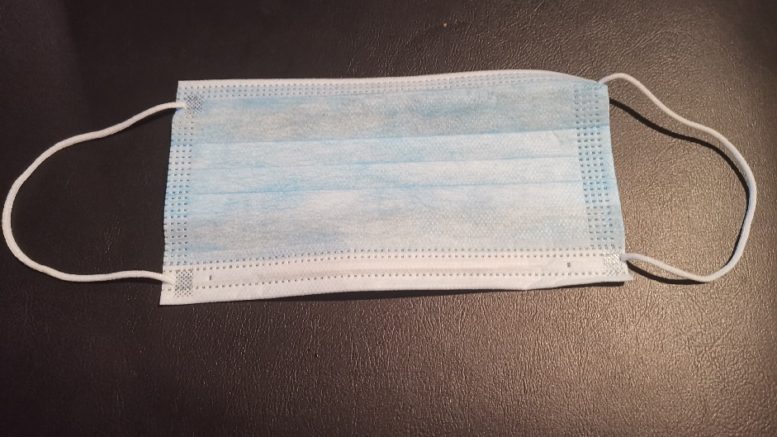As Toronto sets up an emergency task force to deal with the COVID-19 impact on the city, at least one doctor is reminded of his experience in a similar fight against a virus 17 years ago.
Dr. Shiva Gaur, who has run his family practice out of Scarborough for 33 years, remembers the deadly 2003 SARS outbreak.
“My office was almost empty,” he said. “I didn’t have many patients come in, everyone just phoned in.”
Similarly, the COVID-19 epidemic is leaving his usually packed office empty.
“I have signs that say please don’t enter if you have a cough or cold. Usually I have 50 patients in one day, now it’s gone down to 10 to 15,” Gaur said.
In times like these, doctors have a special billing code to cover costs and help patients who can’t make it, or don’t feel comfortable coming in, Gaur said.
The doctor agrees with the measures and precautions the city is taking. Asking movie theatres, bars, and restaurants to close is effective in stopping the spread of the virus, he said. He also urged everyone to avoid supermarkets, saying jam-packed supermarkets are the worst places to be at this time.
The COVID-19 task force set up by the city consists of key managers from different divisions and agencies, working out of the current Emergency Operations Centre. They are tasked with managing staff absenteeism due to this illness and the city’s ability to deliver core services, as well as responding to the economic effects on residents and businesses.
Toronto’s emergency operations centre is being managed by fire chief Mathew Pegg and is now operating at its highest possible level. Which means that it will have staff working 24/7 and will have access to additional resources. The city of Toronto has also reduced the delivery of non-essential services and closed most of its facilities.
COVID-19 is less deadly than SARS, but its potential to spread is far greater, Gaur said.
“One can have it for five to even days before showing any signs or symptoms and be infectious the whole while,” he said. “With SARS one was only infectious after they showed symptoms.”

